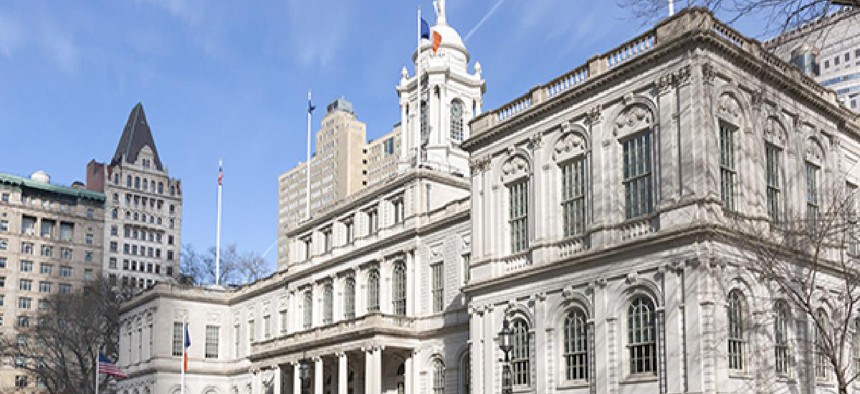Human Services Nonprofits Oppose Amendment to City Charter

Another regulatory battle is looming for New York’s nonprofit organizations. On Friday, the New York City Council considered an amendment to the City Charter that many agree would fundamentally change the city’s oversight of the sector.
The amendment, sponsored by Councilmember Elizabeth Crowley, would require all “persons in leadership positions” – including board members and senior staff members – at nonprofit organizations that receive funding from the city to submit financial disclosure forms, as well as require the disclosure of “any transaction, direct or indirect, between such person and any institution” to the city.
This legislative effort comes in the wake of this past summer’s scandal involving senior management of the Queens Public Library, an organization that largely relies on city funding. Thomas Galante, the former chief executive officer, along with other members of senior leadership, was found to have spent over $300,000 in prohibited expenses. Galante also received payment as a “part-time consultant” for another employer, the Elmont Union Free School District, at the same time that he was receiving a full-time salary a the library. None of the spending or additional income was disclosed.
The amendment garnered support from some advocacy groups, including Common Cause New York and Citizens Union of the City of New York.
“We do not see compliance with this request as burdensome, particularly in light of unfortunate past problems of self-dealing and fraudulent conduct involving charities in New York City,” said Prudence Katz, research and policy manager at Common Cause New York.
However, despite the amendment’s intentions to create more transparency at city-funded nonprofit organizations and prevent future scandals, many in the human services and arts nonprofit sectors are arguing that the amendment is both impractical and redundant.
Testifying at Friday’s council hearing, Michelle Jackson, associate director and general counsel of the Human Services Council, called the amendment “an unfunded, unworkable mandate that would compound the already high administrative and financial burdens on nonprofit organizations.”
Jackson cited the many reporting requirements that already exist for New York’s nonprofit organizations, including VENDEX questionnaires, audits on every city contract, as well as reporting to the IRS and State Charities Board. She also argued that requiring government approval of every related-party transaction would “grind the work of nonprofits to a halt.”
“There is no funding to support the expansion of these requirements,” Jackson added.
Laura Abel, senior policy counsel of the Lawyers Alliance for New York, testified that the vast majority of the disclosures that the city desires are already included in federal tax disclosures, as well as reporting required by the state. Abel also argued that in addition to presenting an undue burden to the city’s nonprofits, there currently exists no infrastructure within city government to carry out the additional oversight.
“More the 2,100 nonprofits receive city funding,” Abel said. “Without an enormous infusion of resources, city personnel will not have the time to assess and approve appropriate transactions with each one in a timely manner.”